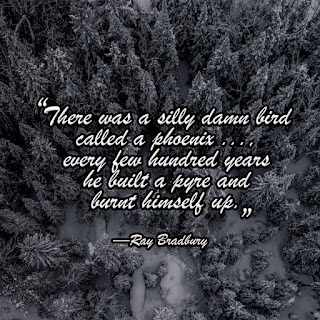"The Drunkard babbling, 'We always want to live in a Fairyland,'" says the Moon opened a sheet of story, after saying Basmala and greeting with Salaam, then said, "In his drunkenness, he chatterred, 'What strange species of Man ! Poor unhappy mortal, where are your happy days? You are ever hoping and desiring, sigh and wish, and languish a long time for Enjoyment, and when you have obtained the Sum of your Wishes dearest Fruition, you still complain and are unhappy.A Thousand and a thousand Projects perplex your thoughts ; when shall I be this ? Or, when shall I be that ? If Heaven grants your Wishes, you still ask more, and still are difappointed. But the fault is not in the nature of things but in your selves. By framing wrong Ideas only you are cheated and deluded.Every thing in the World has two Faces, one beautiful, the other deformed. How charming is that Object! How happy should I be in its possession! Which when you have experienced, the scene is changed; frightful is it then! How ugly! That which we wish we see through a Telescope, but when enjoyed, we turn the other end of the Perspeftive.There was a young fellow, once upon a time, that was so foolishly amorous as to fall in love with a Mermaid. He was continually on the Sea-shore, and pouring out prayers and tears for the shake of Shukra, the Venus. He sighed as if his Heart would break, and could scarce prevail with himself, to retire when Night came on.When in bed, he could take no repose, for his thoughts were still employed in contemplating the beauties of his beloved fair one. He ran over every line of her face, and every feature had its peculiar charms.The whole night, and every night, was passed after this manner, and with Vows and Prayers to the Sun to hasten his approach, and bring on the Wellcome Day, that he might enjoy the sight of his lovely Sirene.'O what Eyes are there!' says he, in a rapture. 'What charming Shape! What delicate limbs! What admirable Symmetry and Proportion!' and then, 'Ye gods! What enchanting Voice! What divine musick dwells upon her tongue! Sure, Heaven it self contains no such miracle of Excellence and Beauty, endued with such like moving Graces!'In short, the young Fellow languished and pined away for Love. Neptune saw and heard all from his Throne bedecked with Pearl and Coral, and took Pity on the wretched Inamorato. 'There,' says he, 'unhappy youth, the Mermaid’s yours, and quench your amorous' Flame.'They were accordingly married and had at the height of his joys; the Night 'was pass’d in such soft caresses, and rapturous endearments, which only ardent Lovers know. But the next morning, instead of a fine woman he found, a Monster in his arms."Eling jaman semono[Remembering that time]Waktu kawin nanggap bal-balan[When got merried, watching football]Tamune rame tenan[The guest was crowded]Nganti sing ndelok akeh sing pingsan[Till those who watched, many fainted]Amplope akeh tenan[Got abundant envelopes]Entuk duit karung-karungan[Got sacks of money]Wong sing podo kondangan[Those who were invited]Nganti akeh sing podo kelangan[So many got pickpocketed]Angge-angge orong-orongOra melok nggawe, melok momong[Did'nt making, partake in babysitting]Entok rondo anak'e limo[Got a widow, had five child]Kumpul bareng, turu neng kloso[Getting together, sleeping on the mat]
Angge-angge orong-orongOra melok nggawe melok momong[Did'nt making, partake in babysitting]Kudu becik karo anake[Must treating well to her children]Kabeh kui dadi resikone *)[All of it, are the consequences]The Moon sighed, and commented, "Well! Unhappy Man! Your disgusts grow on your rhapsody. Before enjoyment, in the height of expectation, you see nothing but the head and body, but after fruition, the tail and scales, appear. And Allah knows best."
Citations & References:
- Sieur De La Motte, One Hundred New Court Fables, Peter-Nofter-Row
- Sieur De La Motte, One Hundred New Court Fables, Peter-Nofter-Row
*) "Angge-angge Orong-orong" written by Jhoni Sayekti & Ragil SB













